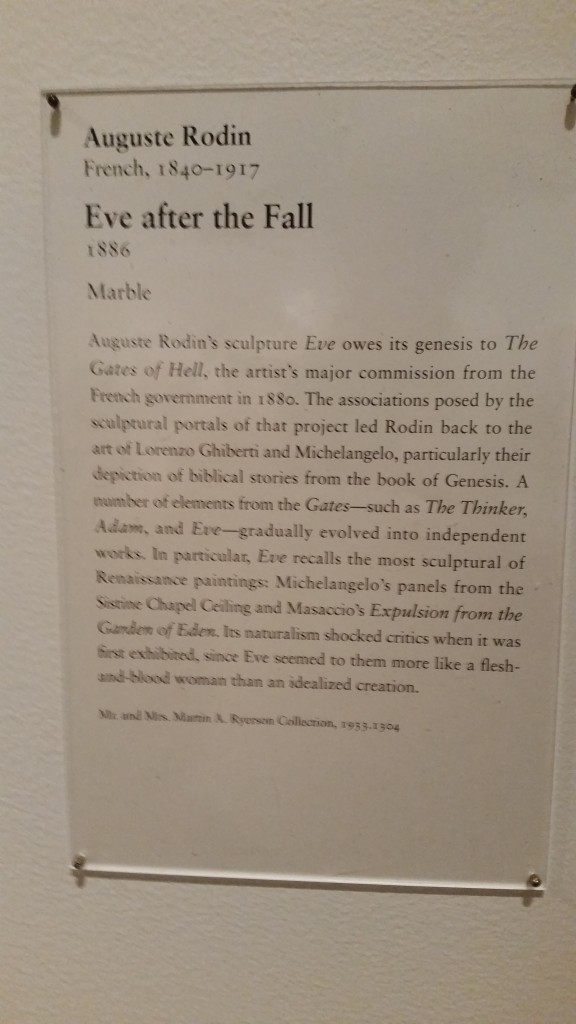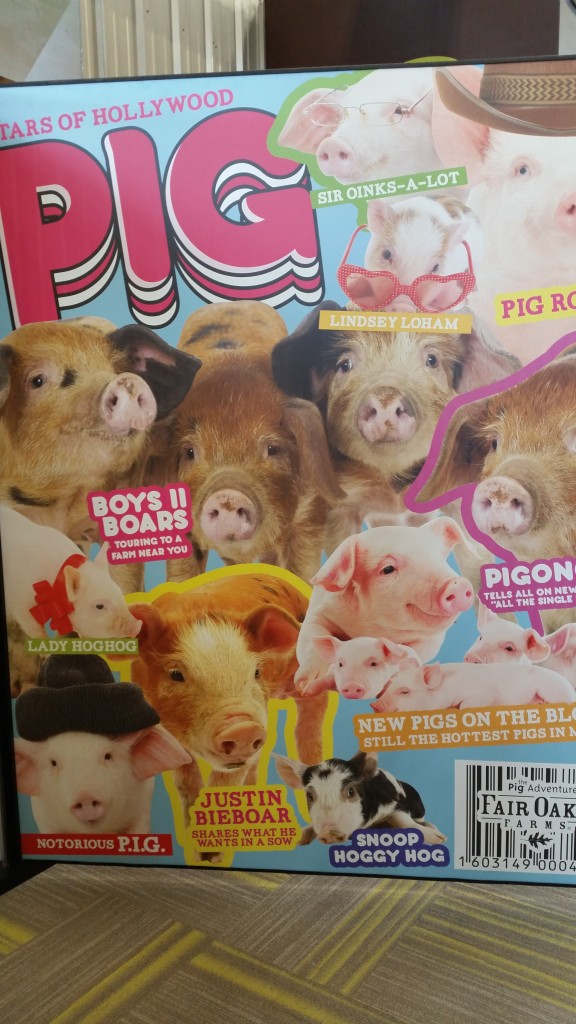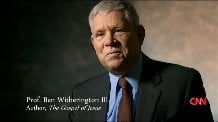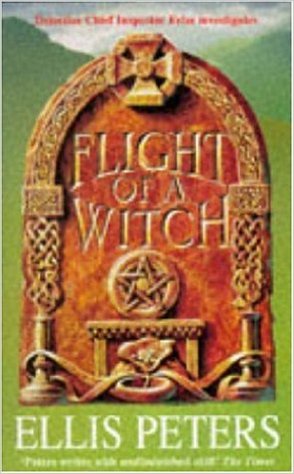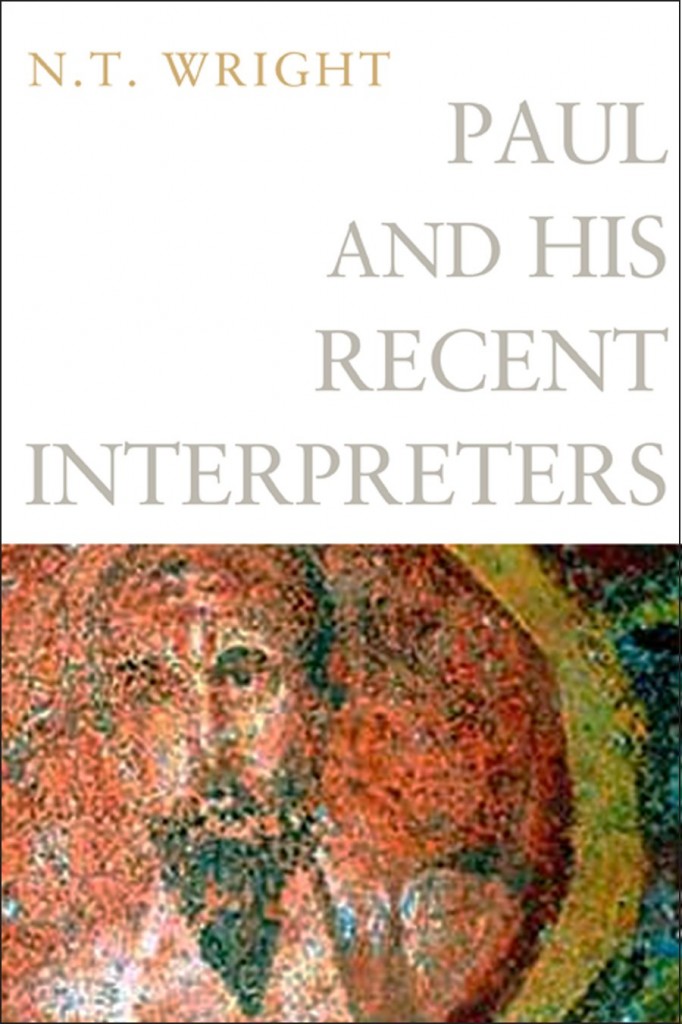In our visit to the Art Institute of Chicago to see the Degas exhibit (on which see the subsequent post on the Impressionists), there was within this exhibit a famous statue by Rodin, my favorite sculptor of the 20th century. In this statue, Rodin captures the shame and desire to hide one’s nakedness perfectly, right after the act of disobedience which led not merely to self-awareness, but self-centeredness, self-protective behavior, narcissism. Sometime ago, I wrote a poem about the Fall... Read more


